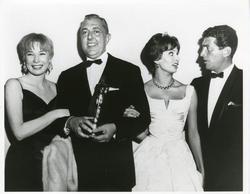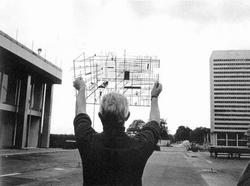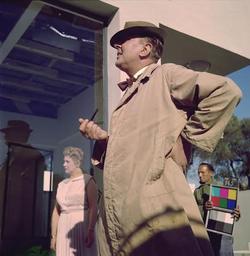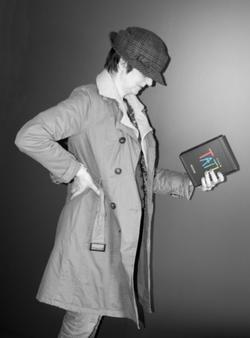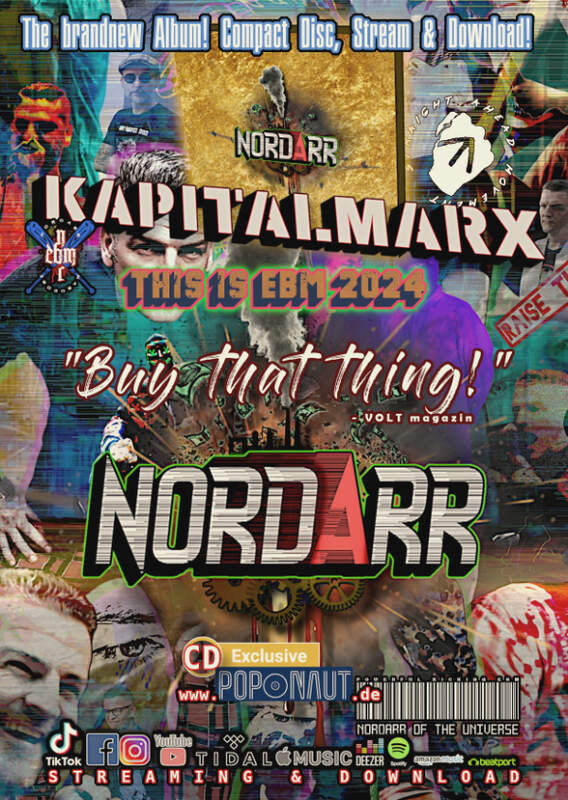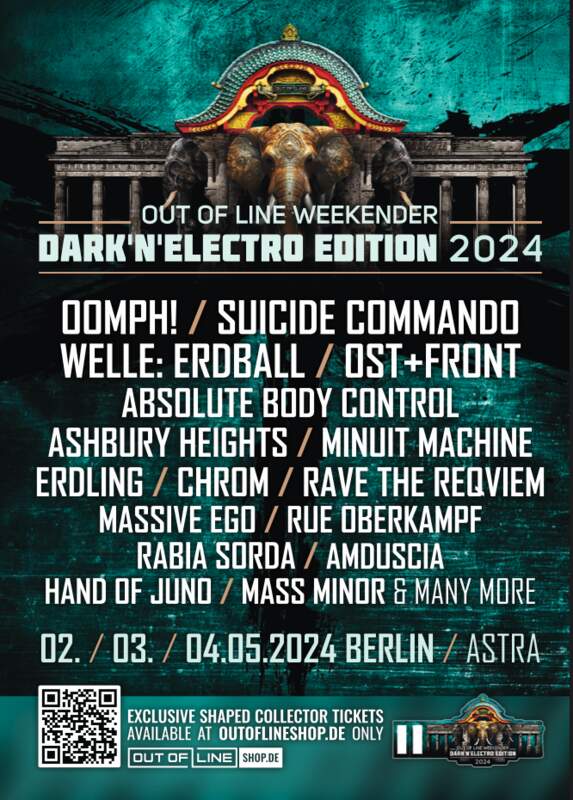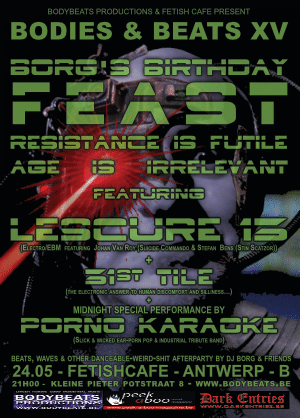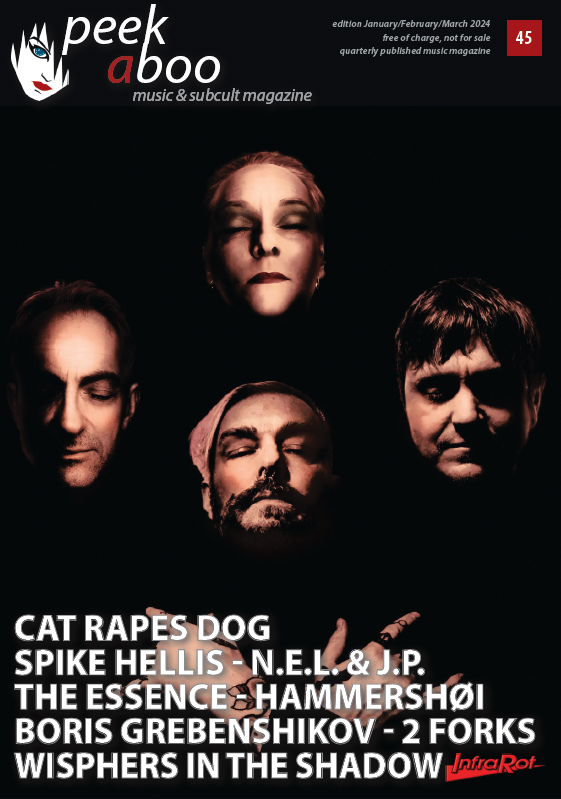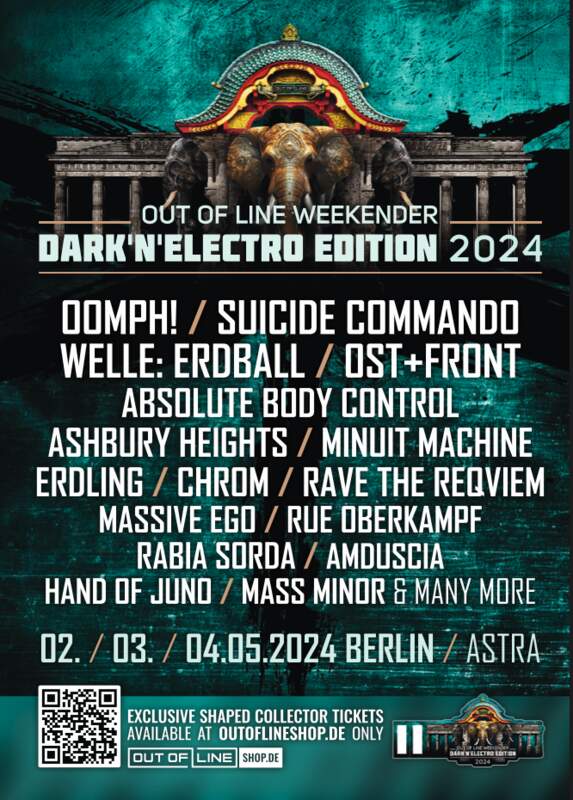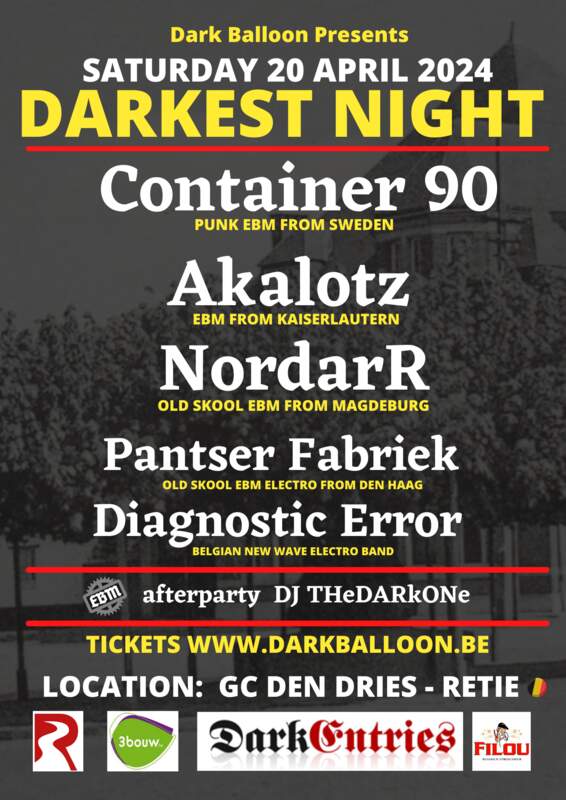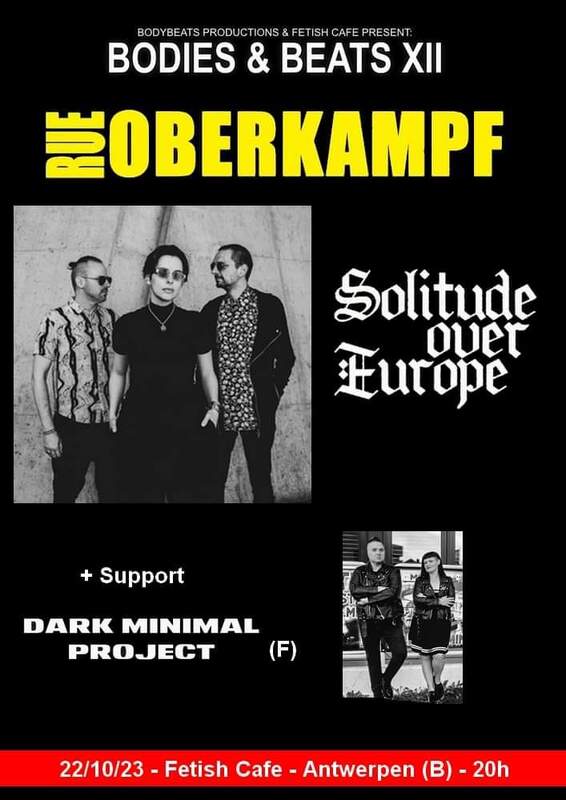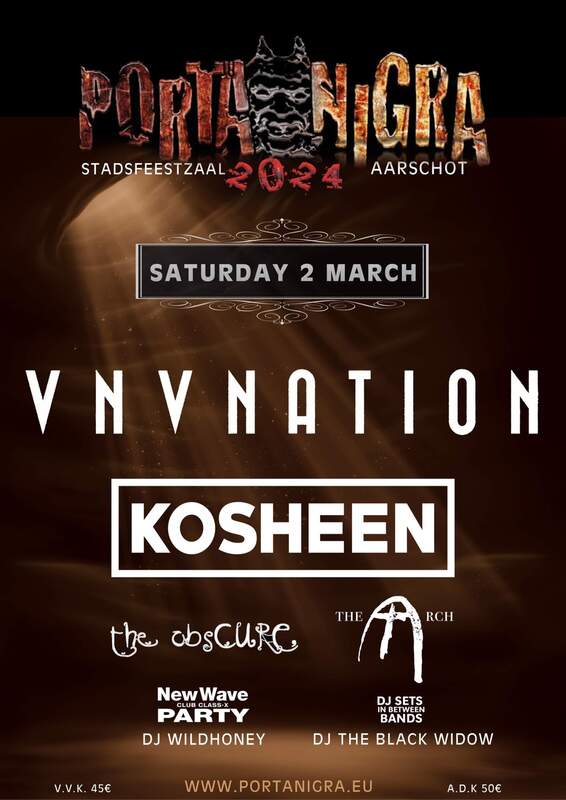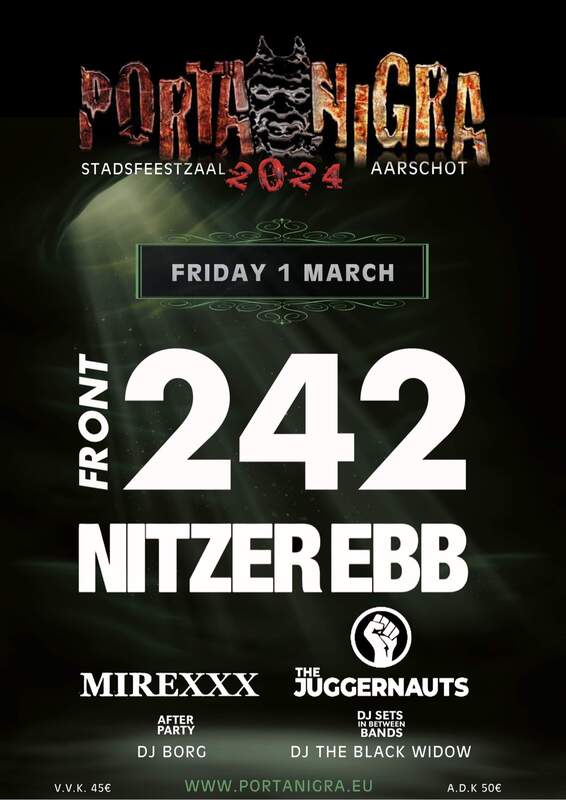‘TAKE A BOW, HERE’S JACQUES TATI’ (PRESENTED BY INGRID HOEBEN)
In ANY Tati movie, there’s far more than meets the eye. You can watch them loads of times and still discover things you hadn’t noticed the times before.
03/04/2014, Didier BECU
Our magazine is very proud for this. Today the works of Jacques Tati are restored in a DVD and Blu-raybox (available in the Benelux by Lumière). Sadly enough we can’t ask some questions to the master himself as Jacques Tati passed away on 5th November 1982, but we found a solution. Ingrid Hoeben has all the right reasons to call herself one of the greatest Tati-connoisseurs from this planet and she gently answered some of the Tati-questions we always had, but never dared to ask!
Hello Ingrid. If you don’t mind, I’d like to start this interview with some questions about you. Can you tell our readers what’s your connection between you and Jacques Tati?
I started to dig deeper into his cinematic themes and language some years ago and realized there are plenty of aspects that come with Tati’s universe. A cinematic world created by a special filmmaker which is merely funny but also appeals to more than one sense. I also found myself following two different paths; the objective, theoretical approach AND the subjective, personally mesmerizing one.
At the time this century started, I was doing an individual study on film science which accidently contained a focus on Mon Oncle (1958). Some movie stills were added in the theoretical book, but what enchanted me particularly was the text. The study elaborated on the first scene of the movie; the market square at the old quarter. At first, Hulot is barely to be seen. He is standing at a market stand, reading a newspaper which actually turns out to be a wrapping paper. This kind of wide - or variation on the establishing - shot returns in other Tati movies. Like the beginning of Les Vacances de Monsieur Hulot (1953). Train station. Chaos of people. Cosy buzz, holiday atmosphere. Hustle and bustle. And then there’s the wide shot with the speaker up front, mumbling repeatedly. People miss their train because of not having listened to the info. Or the info not having been accurate. We don’t know, it’s of no importance whatsoever, it’s Hulot’s MacGuffin.
Tati’s way of using sounds - as a substitute for editing images - was a perfect match for his kind of storytelling. He created this in such a fine-tuned way with limited or unclear dialogues. I finally saw Mon Oncle, on VHS. I believe the year was 2001, forty years after Trafic’s release, Tati’s fifth and next to last long feature.
For some Jacques Tati is an icon, for others a hero, while some never have heard his name before. What does Jacques Tati mean to you and what is his impact on today’s and yesterday’s cinema?
Unlike Hulot’s ‘adventures’ in between Playtime’s office cubicles, it’s not a good idea to put people (read: audiences) into thinking boxes but I shall do it here to state my point of view on that matter. Roughly, I see three different groups of people watching movies. The ones that have a closed mind towards new cinema experiences or innovative movie directors. The ones that are always willing to be critical about any movie and even read about it in advance and/or afterwards. Chance exists they will come to discover Hulot’s universe and feel the need to see more created by this filmmaker. Last group are the ones born with a ‘l’ecole du regard’. After seeing one of Tati’s comedies, they will deduce something like this: ‘I’ve got this déjà-vu experience, I identify with this kind of cinema because I watch society in a similar, funny way Tati did.”
If you see short biographies from Tati, you often see that he’s been described as the French version from Charlie Chaplin. Do you think this makes sense?
In a way, it does make sense. But we should see one character ‘inside out’ while comparing to the other. Tati himself talked about how Chaplin’s Charlot inspired his own creation Hulot. But he made his character The Tramp’s opposite in several ways; Hulot’s pipe vs. The Little Tramp’s cigarette, short pants vs. way too big pants, never centered - nor in the frame, nor storywise - vs. being the center of all things going wrong, Tati’s umbrella contrasts Chaplin’s cane stick, one leaning forward and one leaning backwards AND tall, mannered vs. short and trampy.
Jacques Tati described Hulot as “tall, and he cannot hide - he cannot conceal himself behind a lamppost or anything else -whereas Chaplin could hide behind a small trash can, leave his hat on the can, then sneak behind another small can, while making people believe that he was still in back of the first one, whereupon he would come back to grab his hat. Hulot, by contrast, has the stature of a rather steady or stand-up guy; he behaves exactly like any man from Paris or even from the provinces.”
Tati is more than just a comedian. You can even say he’s using lots of sarcasm, even if it’s done in a gentle way. Do you think you can say he was warning us? People versus technology?
From my point of view, there isn’t any sarcasm to be found in Tati’s movies. A lot of other comedic genres would fit Tati’s observative and consequently witty universe better: social observer with a touch of soft criticism, irony in its meaning to suggest the absurdity of things and sublime satire to expose human folly. All of those with respect towards the human pawns that wander around in his movies. Especially his way of portraying human beings as objects and vice versa; showing objects with a human touch – most obvious examples are the kitchen devices in Mon Oncle - is vintage Tati.
When I watch some of Tati’s movies I feel he did want to warn us in a way. Not for the disadvantages of technology directly, but the loss of vital interhuman encounters and relationships indirectly caused by it.
This is what Tati himself had to say about it in 1958: “Je ne suis pas du tout contre l’architecture moderne, mais je crois que l’on devrait faire passer non seulement un permis de construire, mais aussi un permis d’habiter.”
Do you think Tati got the recognition he deserved to have?
He got it on several occasions, Jour de Fête (1949) and Les Vacances de Monsieur Hulot (1953) were very warmly received, especially by the audiences. He also got critical acclaim many times (an Academy Award in 1959 just to name one) although he both enjoyed AND suffered ups and downs, hence the troubles he had to endure regarding Playtime’s deficit. Neither the critics, nor the public could appreciate and/or understand Tati’s most modern work around 1967. I should mention not all critics were discontent about Playtime. Like Jonathan Rosenbaum: "It directs us to look around at the world we live in (the one we keep building), then at each other, and to see how funny that relationship is and how many brilliant possibilities we still have in a shopping-mall world that perpetually suggests otherwise; to look and see that there are many possibilities and that the play between them, activated by the dance of our gaze, can become a kind of comic ballet, one that we both observe and perform..."
Do you think that today an artist like Jacques Tati can exist? I mean, Tati created a whole world on his own, everyone knows how Mr. Hulot looks like.
I very much believe he could, as any artist would be able to pull it of if genius and lucky enough to combine soft critique, original humour and to simply create entertaining movies on a wider scale. We can merely look at Kaurismäki’s, Otar Iosseliani’s and Wes Anderson’s universes, just to name some moviemakers (authors to me) that are feeling some affinity with the Hulot universe.
There’s a lot of talent out there, all over the world. As Tati pleaded: let’s support the production of short movies more. A lot of great directors started their careers in movie business by making shorts at first. Means are usually very important and that’s where government’s policies towards allowances remain crucial for any (starting) moviemaker. They can’t all make a ‘Blair Witch Project’ long feature, with a tiny budget around 20.000 U.S. dollars after first wrap.
About Mr. Hulot. Chaplin plays a tramp, am I right thinking that Mr. Hulot was a sort of criticism towards the middle class?
Jacques Tati basically enlarged the behaviour of any social class. I guess it was coincidental the middle class seemed to get most of the cinematic attention. When we look at Les Vacances de Monsieur Hulot, the story evolved mainly at the French beach resort, a typical spot you could find middle class people during summer time. In the late 60’s everyone in Playtime is portrayed in a funny or even critical way; from the important man (Henri Piccoli), over the loudmouthed American (Billy Kearns) to a drunk person at the Royal Garden who tries to read a road map of Paris on the ‘road patterned’ pillar.
Tati used to observe people all the time, perhaps it was the middle class which caught his eye and inspired him the most to derive gags from their behaviour.
Due to financial problems, Tati only made six movies. And yet, he has told so many things in them. Have you never thought it was good that he could only make six?
Financial problems were sky-high after Playtime, his fourth long feature film he directed himself. So before 1967 – minus a few years calculated for (pre)production – the rather small amount of movies he delivered was more due to the fact he worked in such a meticulous manner. You can compare his ‘slow’ methods to Kubrick’s, as you wish. Just to get the sound of breaking glass the way he wanted it to be heard, took him for ages. Tati said he was content, he felt he had done what he wanted to do, to make the movies he wanted the audiences to see. He commented to his financial difficulties following Playtime’s release: "It's perhaps a good thing that Playtime didn't make much money because I am always in the position of a new director. I feel young inside, so I feel like a student when I start a new picture. I am not making money for banks, not killing myself for a mortgage repayment; I make films." The late critic Roger Ebert commented on Tati’s persistent spirit with this quote: "Was Tati reckless to risk everything on such a delicate, whimsical work? Reckless for you, reckless for me, not reckless for a dreamer."
Personally, I would have loved to see what Tati’s unfinished script L’Illusionniste (The Illusionist) looked like, IF he hadn’t left the project and went on to make Playtime instead. Reasons for this abandoning are numerous, complex but above all: mostly unconfirmed. I can’t make further remarks on that matter. Important thing is: it’s a must-see animated movie, made by Chomet and his team in 2010 and should have won that Academy Award - Best Animated Feature - instead of Toy Story 3. I do wonder if Chomet’s version came close to Tati’s spirit regarding the story and style of the animated movie. I guess we will never fully grasp the complete, actual story behind L’Illusionniste.
You can divide his filmography into his black and white classics and the coloured ones in where he experimented with futuristic architecture. Which ones do you prefer?
I tend to find myself more attracted towards his black and white movies, which are also his oldest. Not taken into account Jour de Fête, which was simultaneously filmed in colour in 1947, but released in black and white in 1949 because of the troubles with the Thomson colour process. Concerning his desire to deliver Jour de Fête in colour, Tati said this in 1975: “La couleur arrivait avec les forains, le manège, les chevaux de bois et les baraques foraines. Quand la fête était terminée, on remettait la couleur dans les grandes caisses et la couleur quittait le village.” The colour is obviously representing the arrival and departure of the town’s fair. It is beautifully restored in colour and in its latest version available in the highly recommended and utterly complete DVD or Blu-ray box by Lumière (De complete collectie, Benelux) and L’Intégrale by Studiocanal.
The black and white preference is a general statement regarding my taste in visuals. I also prefer black and white photography. The nuances required to visualize a certain idea or essence can usually be shown by means of shadows, contrast and fierceness. Style elements that are not necessary to tell something can be left out. Mostly that’s colour which does not mean colour does not have a purpose, but to me only lesser few movies are done justice by adding them. I can’t think of a Harold Lloyd, Max Linder or Buster Keaton comedy that would have worked better in colour for laughter’s sake. On the other hand, regarding Tati, it’s obvious he did the right thing by making his later films coloured ones. An easy example is Mon Oncle, where he needed to contrast the old quartier to the modern settings of the city and its high-tech building Villa Arpel, where Hulot’s sister lived... and kept up her appearances all day long. All the modern, even flashy furniture in the two-eyed Villa Arpel represented end 50’s trends in attention-getting, somehow sophisticated and futuristic design. So to sum it all up, Tati proved to be a very contemporary artist.
Tati put another great use to colours in Playtime, where he added desaturated colours - into shades of gray, representing some mechanisation of the masses or the flawless ‘new’ Paris - AND sparks of red and green in an unique and glorifying way.
Tati forces his audience to look. Every detail counts. A total contrast with today: everything has to go fast and the lesser the viewer has to think the better… Don’t you feel that Tati has left a gap that has never been filled after?
He left a gap but he wasn’t the only one. Regarding the cinema experiences we witness nowadays, it’s not completely contrasting the past as we imagine it. Easy-to-swallow or merely entertaining cinema has always existed, just look at Méliès’ Le Voyage dans la Lune (1902) or The Great Train Robbery (Porter, 1903). Especially in the comedic genre, it has become more difficult for creative directors to receive enough funds. The audience should demand better comedies, better scripts,... in order for it to change dramatically. If we look at how the independent cinema is carrying on, there is hope. It would be a good evolution if more moviegoers would leave the cinema and actually let the movie ‘come to life’. Or as Tati himself so strikingly put it: “Je veux que le film commence quand vous quittez la salle”.
I don’t know how to ask this question, but I guess you’ll understand me. Is there a difference between Tati’s world and the one from Mr. Hulot?
That’s an interesting question. There are plenty of differences, the most important aspect both of them have in common, is their ‘l’ecole du regard’, the detailed way to look at things. How they observe the world as it exists, its inhabitants, it’s all like looking through a microscope. Tati used to observe people a lot, as mentioned before, just watching their mannerisms, etc. Hulot - plus other creations like Jour de Fête’s mailman François - were derived from that eye for environmental detail. Tati needed to create Hulot in order to get a central figure to portray that universe in a loveable, yet funny way.
In fact, do you know why he always played Mr. Hulot, except in Jour De Fête?
Hulot was far more flexible as a character. It suited Tati’s eye for detail much better, meaning he had a wider range to fit Hulot into his ideas to make the movies comical reflections of human behaviour. François from Jour de Fête (1949) served best as a sheer gagman. Tati used to say he did not want his creation to become some kind of formula or series. He had no wish to make 'Le facteur à Saint-Tropez', 'Le facteur à New York', as subsequent feature films. He found François to be too French and hoped to follow and/or create new cinematic paths. Sad thing is, and few people know this, he also became sick and tired of Hulot. The public never allowed Tati to lay his character at rest. It was never his intention to let Hulot linger on for such a long time, I guess that was one of those sacrifices he had to make.
Tati is a French comedian, but totally different from the comedians we know (from Louis de Funès till Pierre Richard). Do you know what Tati thought about them? I mean they got rich and he couldn’t finance his own projects.
I can’t say if Tati ever said anything on this matter. Perhaps he wasn’t comparing that much to other artists, his contemporary comedians. And it’s like comparing cheese and chalk, de Funès’ humour is derived from his loudmouthed character, whereas Tati uses sounds to launch his gags. Or as Bert Haanstra (Dutch director who worked with Tati on Trafic) put it simply: “The difference between de Funès and Tati is visual humour vs. verbal humour.” Let’s not forget de Funès did not write his own movies. Tati and de Funès added the burlesque in a different way. Hulot undergoes, he does not provoque, like his American colleague Buster Keaton. De Funès is generating his own catastrophies.
But to return to the question of Tati’s fall-through, in the sixties and seventies these other comedians like de Funès and Richard had blown another wind through the comedy genre. Especially after PlayTime, Tati’s cinema wasn’t as popular as before and his movies were less responsive. No coincidence the comedians that used an ‘easy language’ rose to stardom in the 60’s.
This question is of course inevitable. What’s your favourite Tati-movie and of course we need to know why.
It’s like having to choose between your children, an impossible task. Last week I saw two of Tati’s shorts from the mid 30’s; On Demande une Brute and Gai Dimanche, starring but not directed by Tati. I had never seen them integral. They were my favourites that week (now that’s a joke).
I must say, objectively, there is one Tati movie I tend to cling to more often. It’s Les Vacances de Monsieur Hulot/ Mr. Hulot’s Holiday. The nostalgic mood that accompagnies the movie is even stronger than all the outstanding gags shown in it. It’s hard not to get swallowed by the atmosphere in Les Vacances, and don’t worry: unlike in Jaws the shark won’t bite. Trivia: the confusing shark/boat scene was added to the movie àfter Tati saw Spielberg’s Jaws (1975). The beach scene was directed by Tati in 1978.
What made this movie so enchanting was that everything came beautifully together. Also the music by Alain Romans fits the movie like a glove. On a side note, the disc ‘tati sonorama!’ from 2008 collects all of the music and sounds from his movies, check it out. Let’s not forget Tati has always been gifted with a brilliant team. Just to name a few: lifelong collaborators Jacques Lagrange and Henri Marquet (artistic input and script), producer Fred Orain, property master André Pierdel, etcetera.
André Bazin hit the nail on the head in 1953: "Demandez-vous d'où vient, à la fin des Vacances de Monsieur Hulot, cette grande tristesse, ce désenchantement démesuré, et vous découvrirez peut-être que c'est du silence. Tout au long du film, les cris des enfants qui jouent accompagnent inévitablement les vues de la plage, et pour la première fois leur silence signifie la fin des vacances."
Recently Lumière released a massive Tati-box. I guess this was one of your ultimate dreams. Tell us please why people should dig Tati, and especially those who are unfamiliar with him.
Jacques Tati serves comedy in general and social satire specifically, for all ages. My five-year-old daughter enjoys watching Mon Oncle for its characters, dogs and visual gags. But if you want films to dig deeper, there’s enough to explore. In ANY Tati movie, there’s far more than meets the eye. You can watch them loads of times and still discover things you hadn’t noticed the times before. Your sharpened eyes and ears will confirm I am correct.
The last words are yours, Ingrid.
I grant the grandmaster of sounds and visuals (born Jacques Tatischeff) this last space for his own words. Because after all ‘we’ owe him. Tati is talking about Playtime in 1972 but you can expand it to other films as well. If anything, Tati’s cinema is ours. It’s universal. Spread the word(s)...
“The images are designed so that after you see the picture two or three times, it's no longer my film, it starts to be your film. You recognize the people, you know them, and you don't even know who directed the picture. It's not a film you sign like FELLINI'S ROMA. PLAYTIME is nobody. I don't say that it's easy to do. The dimension of the camera is the dimension of what your eyes see; I don't come close up or make tracking shots to show you what a good director I am. I want your eyes to put you in such a situation where you come to the opening of the restaurant, as though you were there that night.” (Source: http://www.jonathanrosenbaum.net)
Check out the Tati-page from Ingrid.
The Peek-A-Boo-team wants to thank you.
Didier BECU
03/04/2014
Next interviews
WHISPERS IN THE SHADOW • My dream? Doing a soundtrack for a major film
ANNE CLARK • Anne Clark + herrB - Interview for the underground
SOFT METALS • Electronic Romance in the Shadow
PORTION CONTROL • Portion Control is working on the continuation of a great story!
XMH • We would love to do the big summer festivals in Germany and the rest of Europe!
DOGANOV • If the club survives? Not if it is up to us…
BLAKOPZ • As we start to think outside the box we are starting to surprise ourselves at what we can do
PSYCHOGENERATION • Our society has become one big Frankenstein that spits out and convicts it’s monsters with the regularity of a clock.
KARAWANE • There's a lot of creativity and you need to keep busy to let it flow.
[PRODUCT] • I believe that people are largely controlled by corporations and media outlets!


